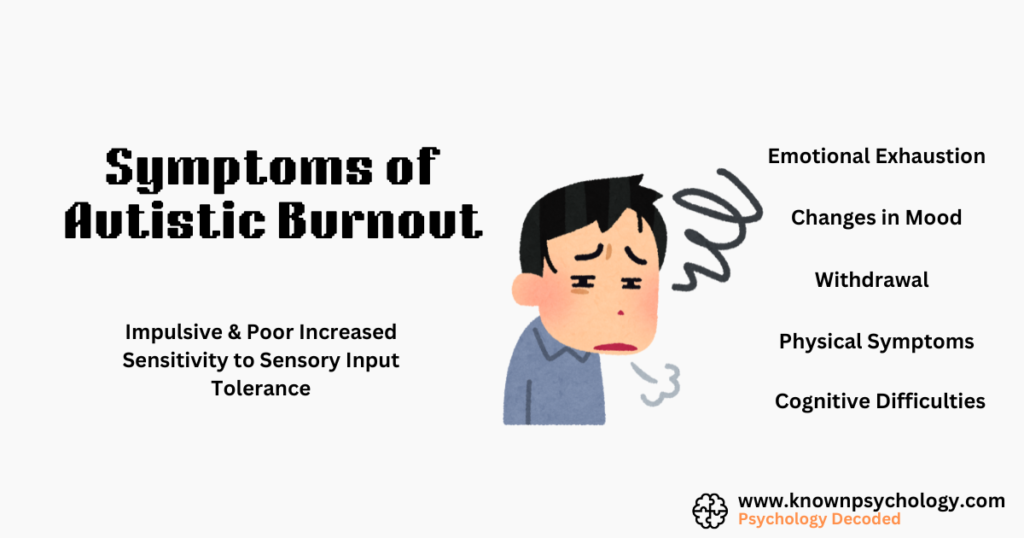
Speech is a big part of how we connect with others. Whether it’s making friends, participating in class, or speaking in meetings, communication is key. But for people with speech disorders, everyday interactions can feel stressful. Many children and adults who struggle with speech experience low self-esteem, social anxiety, and even depression. They may fear being misunderstood, avoid conversations, or hesitate to express themselves.
These challenges don’t just affect speech. They impact confidence, relationships, and overall mental well-being. Over time, avoiding social situations can lead to loneliness and isolation, making it even harder to overcome communication difficulties.
The good news? Speech therapy can help. With professional guidance, individuals can improve their communication skills and gain confidence.
The Link Between Speech Disorders and Self-Esteem
Speech disorders can have a direct impact on self-esteem. When someone struggles to speak, they may feel embarrassed or hesitant to participate in conversations. This can lead to frustration, self-doubt, and avoidance of social interactions.
Children with Speech Disorders
Children are still learning how to interact with others. If they struggle with pronunciation, fluency, or articulation, they may:
- Avoid speaking in class.
- Hesitate to make new friends.
- Feel embarrassed when others don’t understand them.
Some kids may even be teased or bullied, which further lowers their confidence. Without early intervention, these negative experiences can shape their self-image well into adulthood.
Adults with Speech Challenges
Communication plays a major role in personal and professional life. Adults who have difficulty speaking clearly may struggle with:
- Job interviews and career advancement – Fear of speaking up can limit opportunities.
- Social situations – Hesitation to engage in conversations can lead to isolation.
- Public speaking – Anxiety about speech can prevent participation in discussions or presentations.
These struggles can make individuals feel incompetent, self-conscious, or even ashamed of their speech. That’s why speech therapy is so important—it not only improves speech but also helps build self-confidence.
For those looking to help others facing these challenges, speech pathology online degree programs provide training for future speech therapists. These programs prepare professionals to work with children and adults who need guidance in improving communication skills and rebuilding their self-esteem.
Anxiety and Social Isolation in Children and Adults
When communication is difficult, social situations can become stressful. Many children and adults with speech disorders develop anxiety and, over time, may begin avoiding interactions altogether.
Children May Avoid Talking in Class
Many children with speech disorders stay silent in school, even when they know the answer to a question. They fear:
- Being corrected or misunderstood.
- Other students teasing them.
- Feeling embarrassed if they can’t say a word properly.
Over time, this can affect academic performance, participation, and social development. If kids don’t feel comfortable speaking, they may fall behind and lose confidence in their abilities.
Teens and Young Adults May Withdraw
As social expectations increase, teenagers with speech disorders may struggle even more. They might:
- Avoid social gatherings or public speaking situations.
- Struggle with making friends or dating due to self-consciousness.
- Develop social anxiety, making interactions even more difficult.
Workplace Challenges for Adults
Adults with speech disorders often feel pressure to communicate clearly and professionally. They may:
- Avoid leadership roles due to fear of public speaking.
- Feel overlooked at work if they hesitate to contribute ideas.
- Experience stress in meetings and presentations due to fear of being judged.
When speech difficulties cause workplace stress, isolation, or lost opportunities, mental health can suffer. Therapy and self-confidence training can help individuals feel more comfortable in professional settings.
The Emotional Impact of Being Misunderstood
Few things are as frustrating as trying to communicate and feeling ignored or misunderstood. People with speech disorders often deal with this daily.
Children May Develop Behavioral Issues
When young children can’t express themselves clearly, they may:
- Get frustrated and act out.
- Feel helpless or refuse to talk altogether.
- Become withdrawn due to fear of being misunderstood.
If children don’t get the support they need, these struggles can affect their emotional growth and self-image.
Teenagers May Experience Depression
Adolescence is already a difficult time for self-esteem. If teens feel their speech disorder is holding them back, they may:
- Withdraw from social activities.
- Avoid participating in class.
- Feel self-conscious or experience depressive thoughts.
Adults May Struggle with Self-Doubt
Long-term speech difficulties can lead to self-doubt and low self-worth. Adults may:
- Avoid conversations because they assume they won’t be understood.
- Feel anxious about expressing themselves at work or in social situations.
- Believe their opinions don’t matter, leading to silence and isolation.
Feeling unheard can take a serious toll on mental well-being, which is why therapy that focuses on both speech skills and confidence-building is crucial.
The Connection Between Speech Disorders and Mental Health
Speech challenges and mental health are deeply linked. When communication is difficult, people often experience stress, anxiety, and depression.
Stuttering and Anxiety Disorders
Research shows that people who stutter often have higher levels of anxiety. The fear of speaking can worsen stuttering, creating a stressful cycle.
Selective Mutism and Social Phobia
Some children with speech disorders develop selective mutism, meaning they talk normally at home but stay silent in public or school settings. This is often caused by extreme social anxiety.
Depression in Adults
Adults who have struggled with speech difficulties for years may feel:
- Emotionally exhausted from constantly trying to communicate.
- Unworthy or invisible in conversations.
- Trapped in social isolation, avoiding interactions to escape embarrassment.
Early intervention and ongoing support can prevent these mental health struggles from becoming severe.
How Speech Therapy Helps Build Confidence and Mental Well-Being
Speech therapy does more than help with pronunciation—it teaches communication skills, builds confidence, and improves emotional well-being.
For Children
- Helps them express themselves clearly.
- Encourages participation in class and social settings.
- Reduces frustration and boosts self-confidence.
For Teens and Young Adults
- Builds social skills for friendships and dating.
- Encourages participation in school activities.
- Reduces anxiety about public speaking.
For Adults
- Improves workplace communication skills.
- Increases confidence in public and social settings.
- Provides strategies to manage stuttering or articulation issues.
Speech therapy isn’t just about fixing speech—it’s about helping people feel heard, understood, and confident in their ability to communicate.
Speech disorders can be challenging, but they don’t have to define a person’s confidence or mental health. With the right support, individuals can improve their communication skills, gain confidence, and feel more comfortable in social and professional settings. The key is to seek early intervention, build confidence, and create a positive environment for communication growth.
Known Psychology is a collaborative platform run by a dedicated team of psychology experts, professional writers, and experienced editors who are passionate about psychology and mental wellness. We publish evidence-based, easy-to-understand content designed to inform, inspire, and support our global audience. Every article is carefully researched and crafted to provide reliable insights into human behavior, emotional health, therapy techniques, and personal growth strategies. At Known Psychology, we turn complex psychological topics into simple, actionable knowledge.


